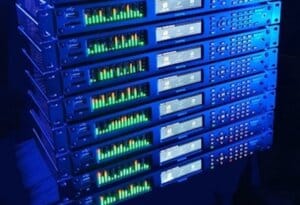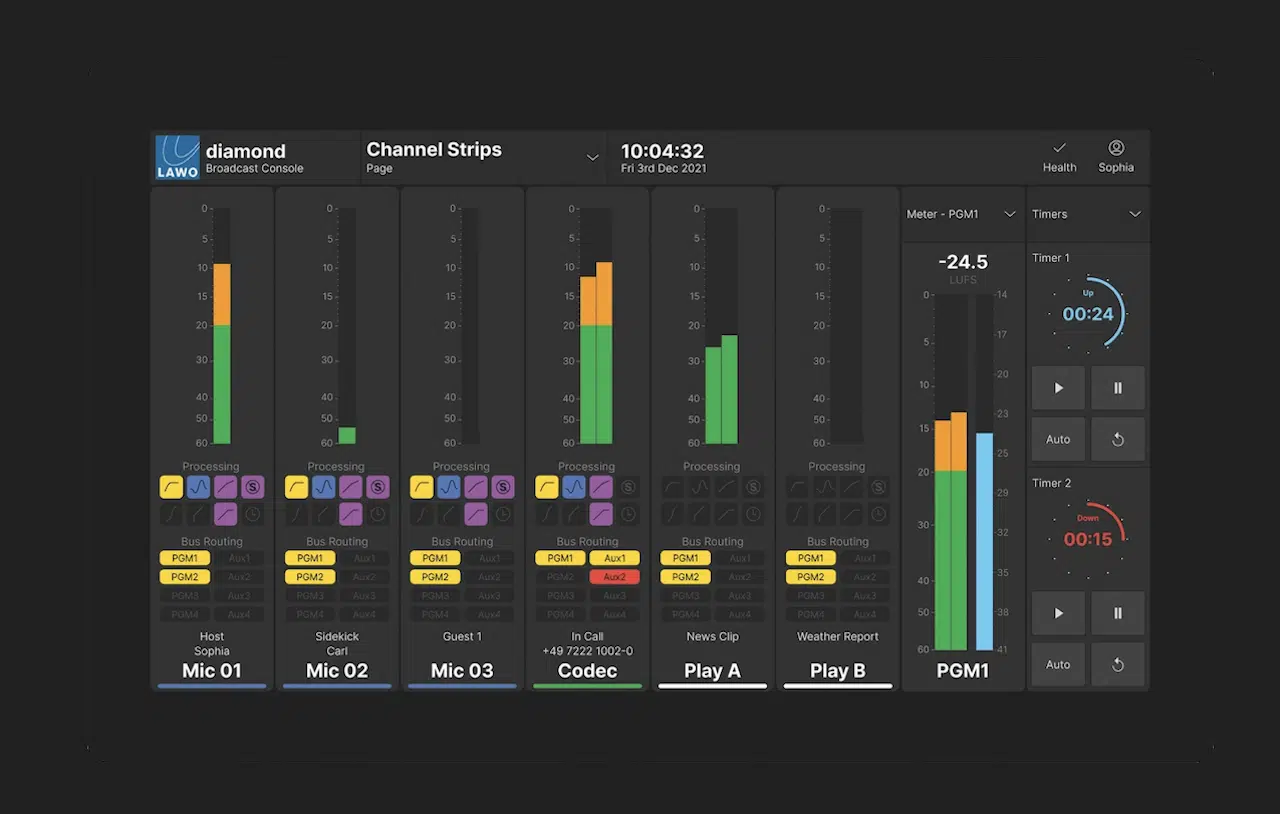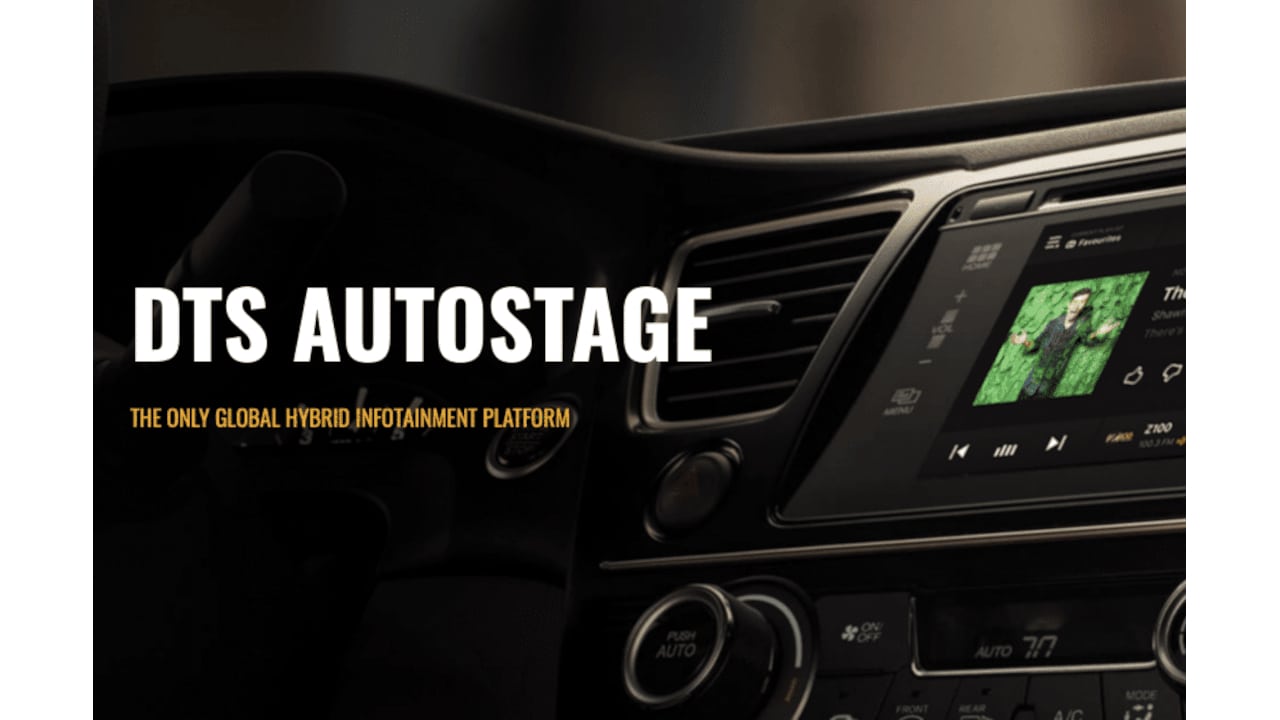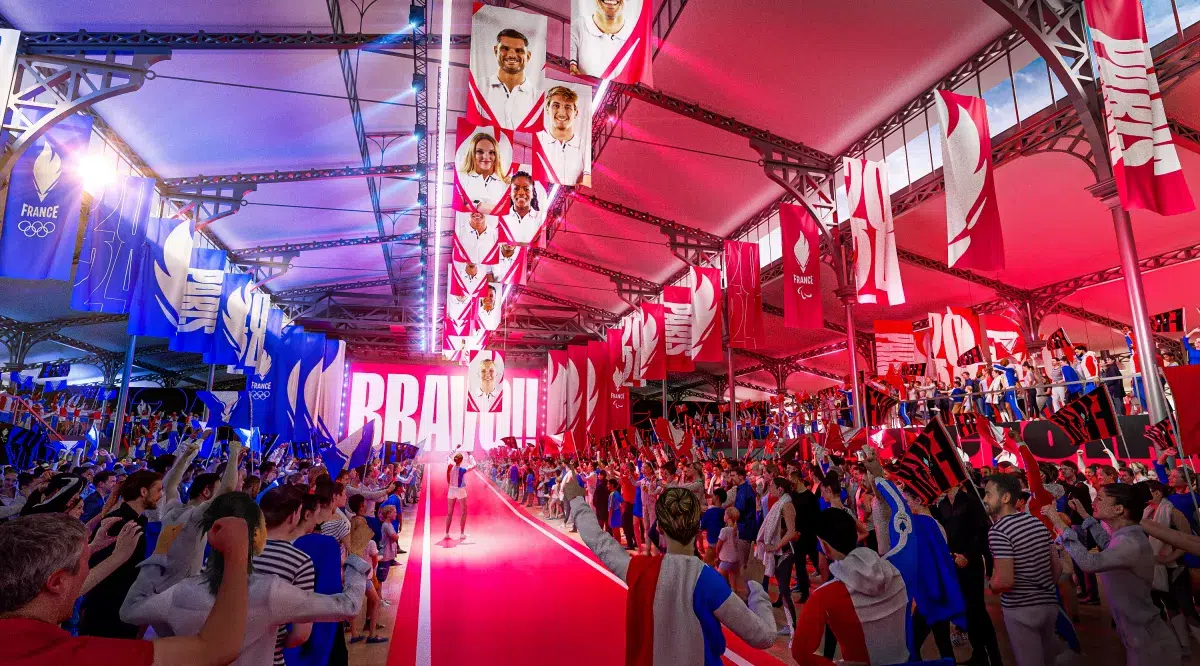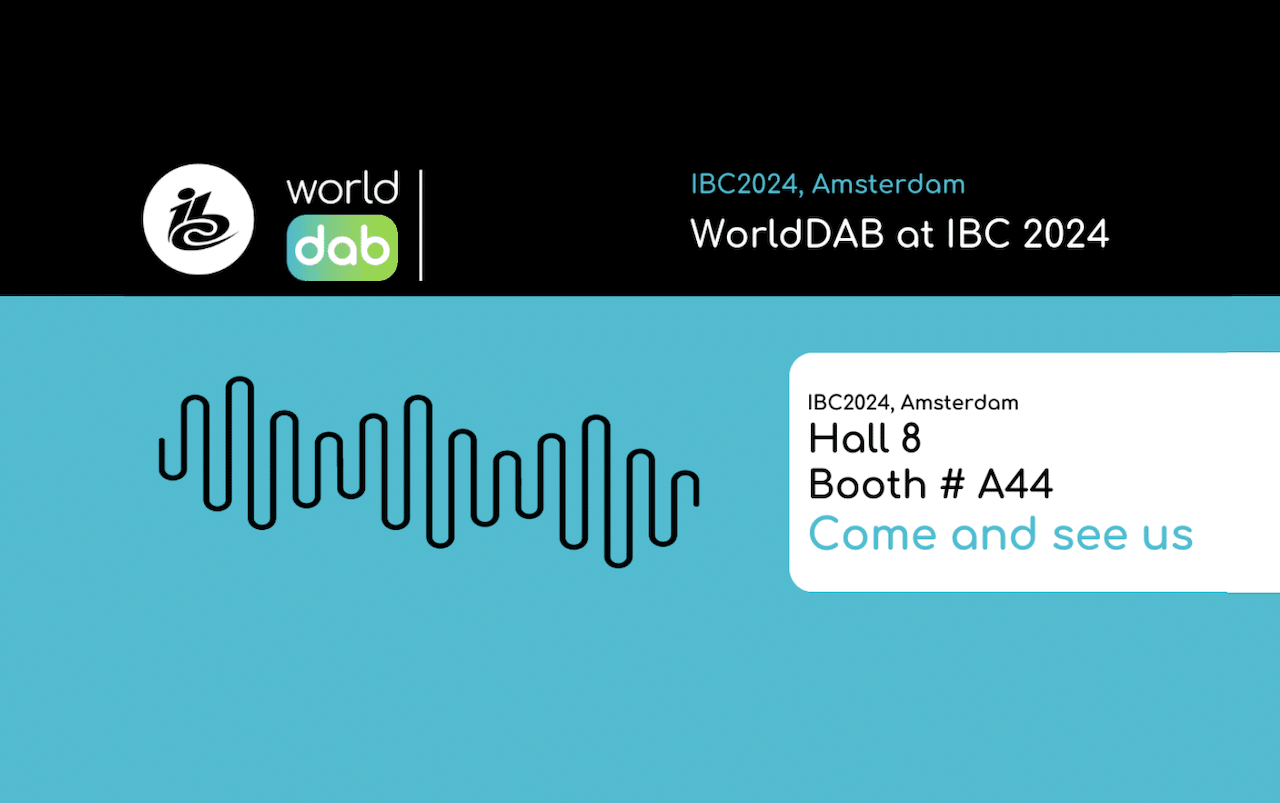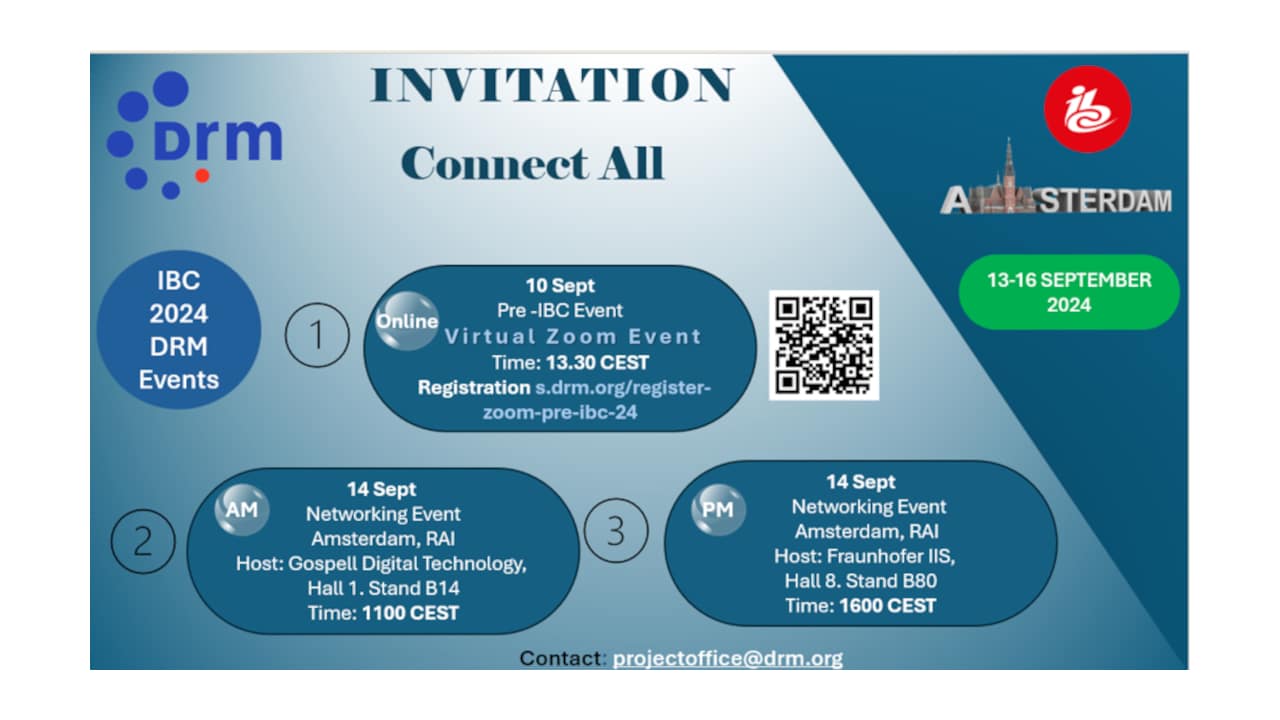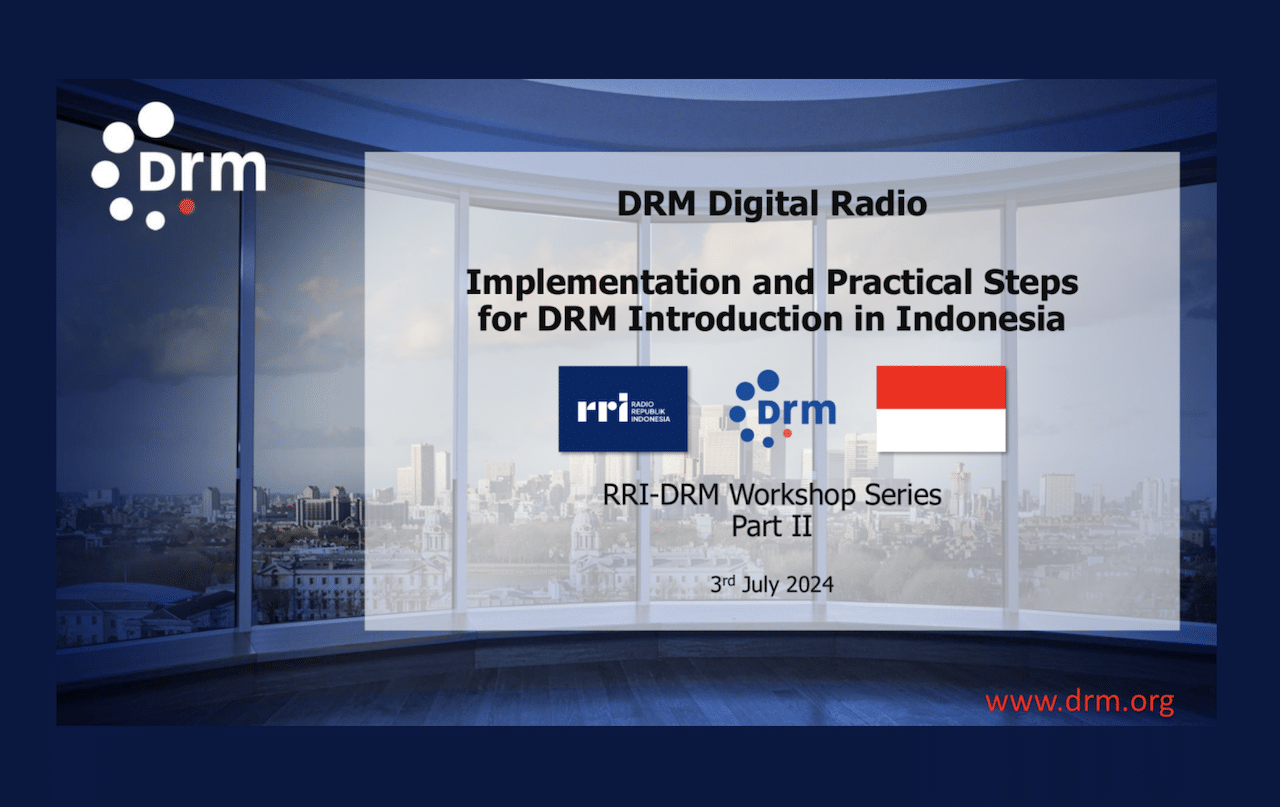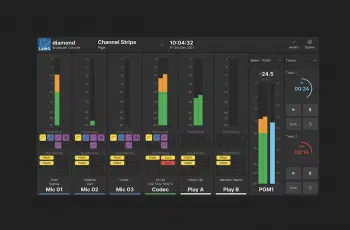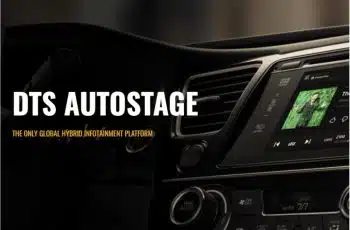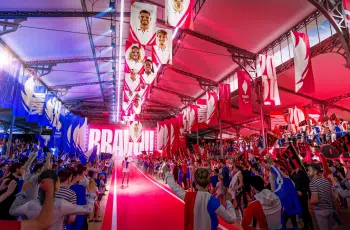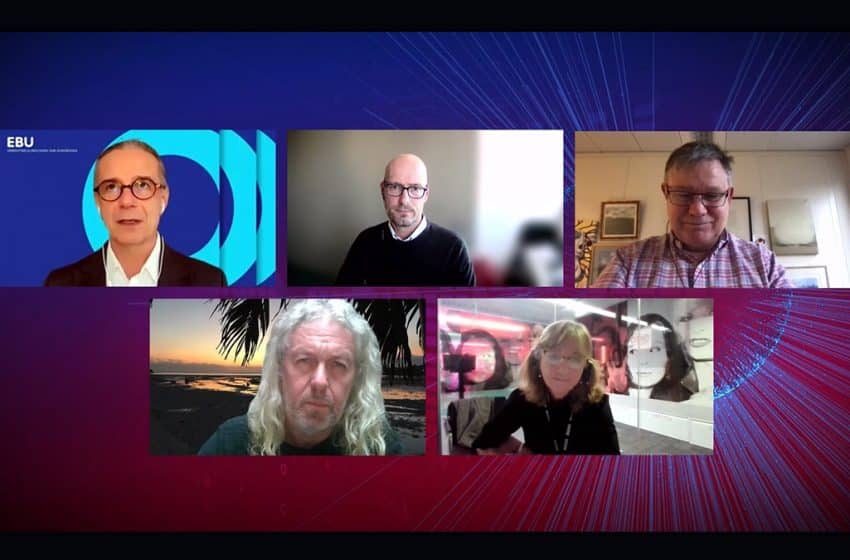
GENEVA — The 2022 Digital Radio Summit took place virtually from the European Broadcasting Union’s headquarters on Wednesday, Feb. 16.
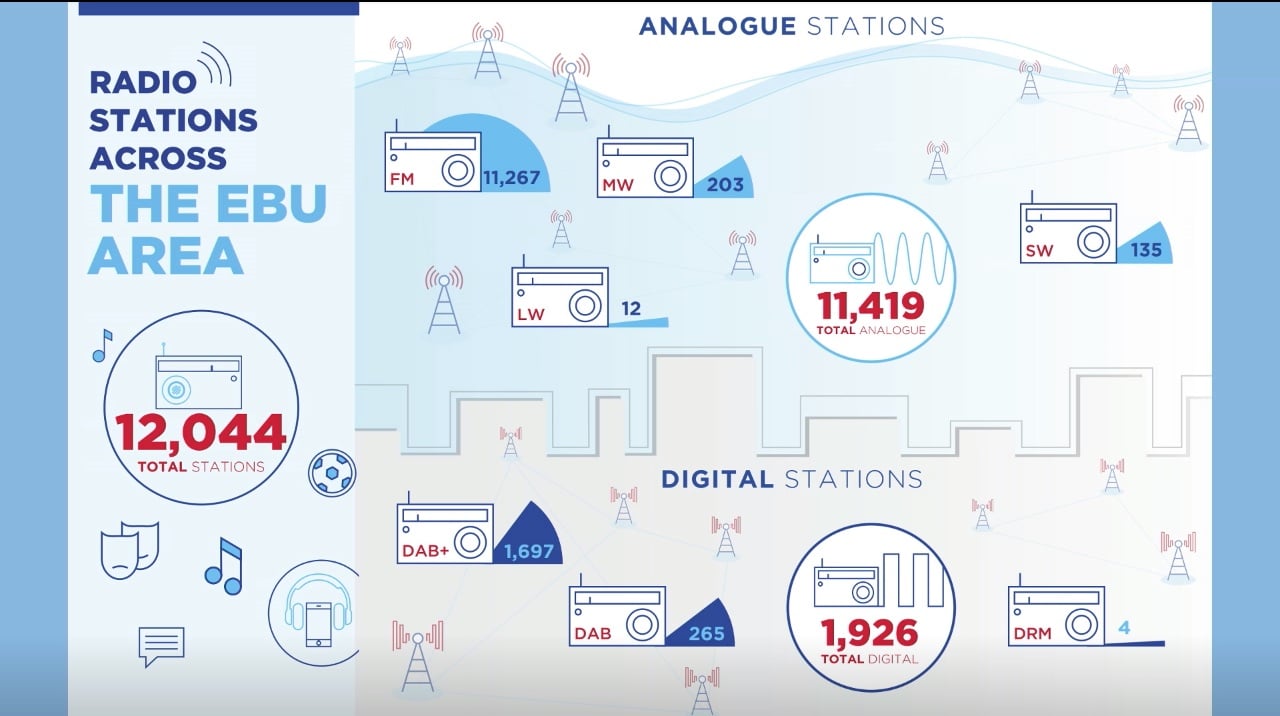
For the last 12 years, the event has brought together radio professionals worldwide and tackled the subject of bringing radio content to potential listeners, regardless of where they experience it, when, or on what device.
According to EBU MIS Radio Distribution data 2021, most live radio is still analog, but the digital share is growing everywhere. In some countries, digital listening (including both broadcast and IP) has surged ahead, especially in “early adopters” of DAB.
For Q1/2020 in the United Kingdom, 58.6% of listening hours was on digital devices (10% through smart speakers) and in Germany, in 2021, 43.8% of all listening was on similar devices.
Less than half
However, the prevailing form of digital delivery varies significantly from country to country. Ireland, Hungary and Finland show a high digital online reach. Even though Italy has established DAB coverage, a fifth of radio listening is via digital terrestrial television. As of 2021, digital broadcast primarily involved regional and local services (80%) in the EBU area.
The Dutch Media Monitor 2021 has presented a sound warning to the entire radio industry: Less than half of Dutch people aged up to 34- years-old listen to live radio. Presumably, this generation, which is not currently engaged with live radio, will not take up the habit as they mature. So, it seems live radio will lose its prominence in the mid-term.
Beyond broadcast
At the Summit, it emerged that live radio still prevails within radio consumption, but several speakers pointed to emerging symptoms that suggest we should seriously start imagining the future of radio after the prevailing linear era. An increasingly important part of digital radio is now serving “non-dedicated” devices, i.e., capable of performing multiple tasks, including playing a variety of (non-radio) audio services.
An afternoon panel at the Summit focused on developing a picture of the future of radio distribution. Contributors remarked they came with their personal views — rather than those of their organization or the EBU — which granted them the freedom to express their ideas. Lindsey Mack, senior manager of DAB and BBC Sounds external affairs at BBC, pointed out that sales figures of DAB receivers in the United Kingdom are declining; in addition, when consumers must replace a radio receiver, they prefer a smart speaker. “What will become of DAB in the future if consumers no longer buy receivers?” she puzzled.
Sales figures of DAB receivers in the U.K. are declining; in addition, when consumers must replace a radio receiver, they prefer a smart speaker.
“It’s a fact most relevant devices for audio are smartphones, tablets and multimedia devices,” said Roland Beutler, responsible for distribution strategy at SWR “and everything on those will be through an app.” In addition, he added current data plans wiped away any concern on costs associated with radio listening on smartphones. Peter MacAvock, head of distribution, platforms and services at the EBU, stressed the need for broadcasters to concentrate on fewer technologies to reduce operating costs and said the existing FM networks are still a very effective way of delivering radio services, with an immediate and easy user interface for listeners.
On the matter of IP, MacAvock had some concerns: “IP brings with it some problems I’m not sure we are ready for.” In his opinion, the future will be a blend of IP and broadcast. “IP will be a fact; how big, I don’t know,” he concluded.
Regarding the recurring broadcasters’ concerns on the stable performance of mobile IP networks, Darko Ratkaj, senior project manager at the EBU said, “How do we know that the audience really cares about mobile IP networks not being reliable? They just move around the corner and get better coverage.”
Panelists agreed on the need to ensure an industry-aligned approach to distribution platforms to ensure radio prominence on connected devices in the future.
The times of “please no gatekeepers on radio paths” seem to be behind our shoulders.


